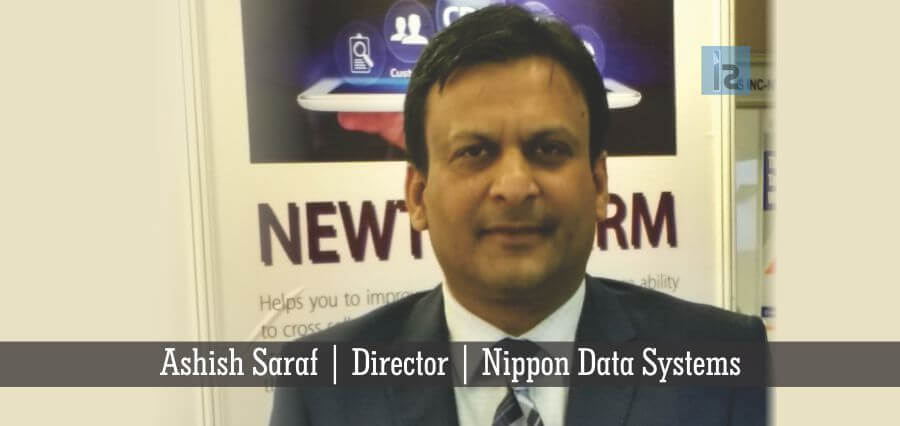In this day and age, when the IT revolution has taken over the thought process of getting things done, Businesses have recognized that the network they use really matters. This is essential to secure a strong network foundation which enables them to deliver innovative platforms and solutions, which in turn propels their business forward. They are willing to invest to enhance performance. To survive today, timely response to ever disruptive technological changes is an imperative. There is no choice.
We are witnessing an urgent and increasing necessity of traditional organizations to adapt to smarter ways of process implementation. With recent developments in path-breaking sectors of Advanced Analytics, Machine Learning, Artificial Intelligence, IoT, Block Chain and Robotics among others, it has become possible for the organizations to cater to its different business needs in an unparalleled fashion, thereby ensuring automated, secured and near-real time delivery of viable solutions.
There are multitudes of prevailing revolutions which have occurred in the present industrial environment. Be it the case of booking a cab, using mobile wallet for transactions or learning a new subject. Today, the end beneficiary of all business solutions, i.e. the consumers are getting used to online processes and digital responses. Current technologies have made it conceivable for everyone to perform and manage varying levels of activities with unprecedented ease, speed and precision. From a business stand point, not only Organizations have improved on their internal working but also improved the customer experience. For e.g. – If we take the example of banking sector, for their internal working, Banks are now able to setup its automated loan approval systems. Similarly, for its customers, banks have adopted to a mobile application-based system to apply for such a service.
Furthermore, Service based sectors, have largely benefited with the use of current technological methods to implement data mining techniques as they have been tremendously successful in getting to know the customer better. Trends from raw data are studied to provide a personalized experience for each of the customer. Moreover, in the advanced analytics realm, businesses across the sectors have made significant impact by driving their decision making process based on data. It is indeed possible, to pin point the needle in a haystack and improve day by day, process by process.
The promise of a new technology also brings along the challenges in its adaptations and implementations. There is a shortage of skilled professionals to implement the new technologies. According to a recent study, 97000 analytics and data science jobs are lying vacant in India due to lack of technical know-how. Another obstruction for emerging technology adoption is hyper-optimism, which makes business teams work without an ROI tracking of technology adoption, towards targets that are far to achieve.
Prerequisites to implement a technology can be an issue. For e.g. – If we take the case of implementing Artificial Intelligence, Data acquisition and storage has posed to be real challenge in AI implementation. Industrial AI systems depend on sensor data as its input. The large amount of sensor data collected for AI validation may present noisy datasets that are difficult to store and analyze, thus causing an obstruction. Moreover, Data security has been a major issue, as with emerging technological advances, companies are constantly gaining more data about clients and customers, raising concerns over potentially costly breaches.
The key to implement any technology lies in minimizing the challenges and maximizing the benefits through the creation of an extensive technology adoption roadmap that understands the core capabilities. Technological changes that business is experiencing today are path-breaking and revolutionary. To survive and to meet customer needs, in this ever-dynamic scenario, it is mandatory that will not only cope with disruptive and fast paced changes but also anticipate and prepare so as to be future ready.
About the Author:
Ashish Saraf holds an Master’s Degree in Finance and over 20 years of experience in the IT industry. He has been part of leading client’s implementation as finance is the backbone of any business profile. Under his mentoring and guidance team has always achieved 100% successful results. Currently, he is the Director of Nippon Data Systems, a leading IT consulting Company.

Insights Success stands as the epitome of trust and authority. It has earned its reputation as the foremost source of business intelligence, providing readers with a gateway to the pulse of Bharat’s advancing business landscape.
Quick Links
Enquiry
info@insightssuccess.in
for more information on advertising opportunities with Insights Success magazine.
8793630422 / 24
Reach out to Us
Insights Success Media and Technology Pvt. Ltd.
512, Brand Square,
Kunal Icon Rd, Pimple Saudagar,
Pune, Maharashtra 411027

